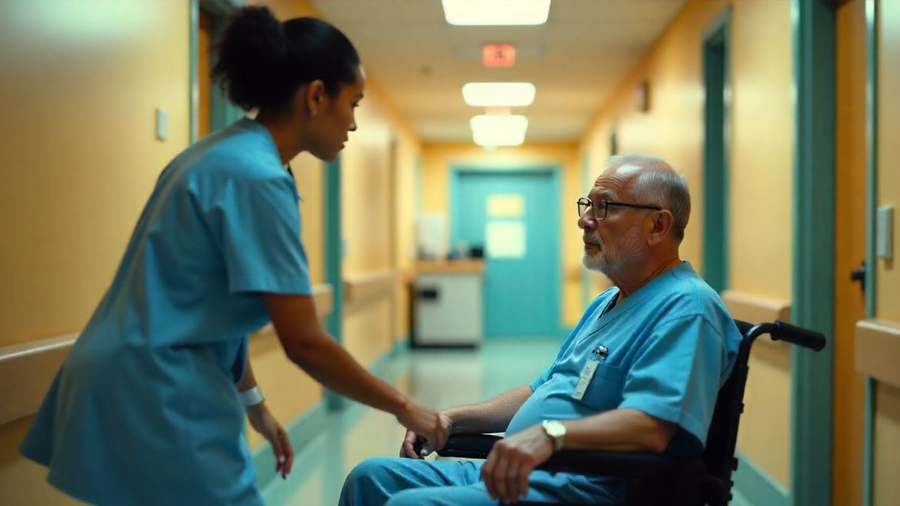By: Stephanie Kalota
Founder, Veteran Legislative Voice & AHG Correspondent
On November 19th, the House of Representatives passed the Senator Elizabeth Dole 21st Century Veterans Healthcare and Benefits Improvement Act (H.R. 8371). It did pass with a bipartisan vote, something that is increasingly rare these days. This bill makes “veterans who are eligible for VA care are covered for non-VA care at home if it doesn’t cost more than that provided by the VA.”
Per the American Federation of Government Employees (AFGE), “A compromise was reached on a provision that would make final decisions to refer to private care made by a veteran and a doctor based on the best medical interest of the patient. AFGE is concerned that taking away the VA’s ability to review these decisions will lead to inappropriate use of private care. In response to these concerns, the compromise sunsets this provision after two years, which will allow Congress to evaluate its impact on the integrity of the direct care system before making a permanent change that could undermine [the] VA’s ability to provide quality, integrated care veterans only receive at the VA.”
The bill was also missing, something that was formerly part of it, called the EHR Program RESET Act. That act would have extended Congressional oversight of the VA’s computer software program, which currently expires in 2025. There have been long-standing issues with the VA’s software rollout called Electronic Health Record (EHR), which “experienced 826 “major performance incidents” — including outages, performance degradations and incomplete functionality.” Also, from the Federal News Network, “In a survey, most respondents told the IG’s office that the new EHR contributed to a decrease in staff morale and increases in stress and burnout.”
Per the American Federation of Government Employees (AFGE), “A compromise was reached on a provision that would make final decisions to refer to private care made by a veteran and a doctor based on the best medical interest of the patient. AFGE is concerned that taking away the VA’s ability to review these decisions will lead to inappropriate use of private care. In response to these concerns, the compromise sunsets this provision after two years, which will allow Congress to evaluate its impact on the integrity of the direct care system before making a permanent change that could undermine [the] VA’s ability to provide quality, integrated care veterans only receive at the VA.”


